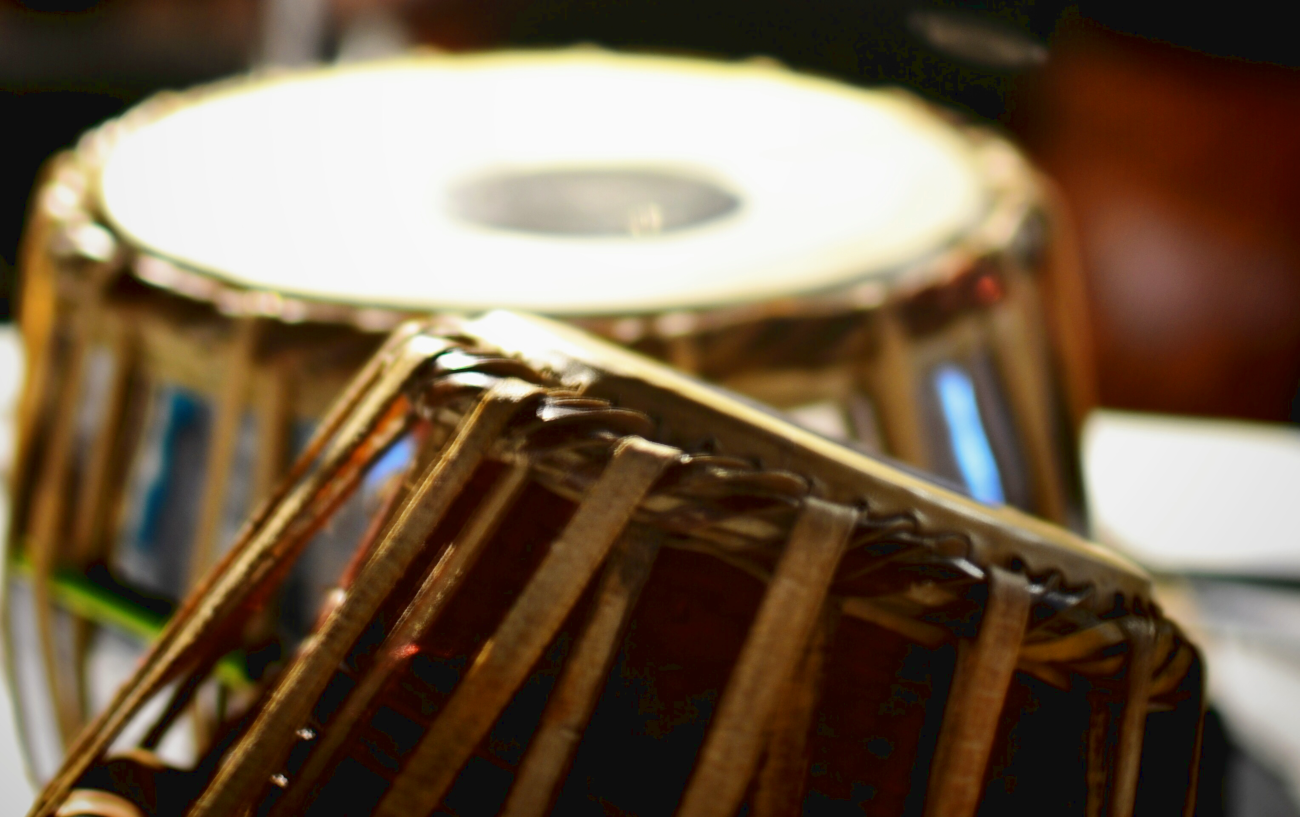compIAM: Common tools for the computational analysis of Indian Art Music
compIAM: Common tools for the computational analysis of Indian Art Music

The MTG presents compIAM, a collaborative initiative and common repository of datasets, tools, and models for the computational analysis of the Indian Art Music (IAM) traditions of Carnatic and Hindustani Music.
Since the launch of the CompMusic project in 2012, the MTG has contributed many studies related to the computational analysis of IAM, an increasingly active research area in the Music Information Retrieval (MIR) community. However, the tools and methodologies related to such works have been developed at different points in time, using different coding languages and styles, and are available from a variety of sources. compIAM aims to aggregate these tools to a single repository with a uniform and MIR-friendly API. The repository is open source and has been built alongside the original developers and musicians/musicologists of the IAM traditions.
We presented compIAM to ISMIR 2022 in Bengaluru, India in the form of a three hour tutorial alongside Thomas Nuttall, Genís Plaja-Roglans, Lara Pearson, Brindha Manickavasakan, Ajay Srinivasamurthy and Kaustuv Kanti Ganguli. The tutorial was presented through an online and interactive text book that uses compIAM as a its main coding reference and serves as an entry point and guide for researchers interested in getting started with the computational analysis of Indian Art Music.
Subsequent to the tutorial, we co-organized a week-long ISMIR satellite event in Chennai - CompMusic Workshop: Introduction to Computational Musicology, a Carnatic Music perspective - including several talks from musicians, professors, musicologists, and IAM researchers. The workshop also included lab sessions, in which the attendants carried out a small research project using compIAM and Dunya as a main resource.
If you are interested in keeping up to date with the latest from compIAM, contributing to its development, or participating in the ongoing discussion of how computational tools can assist in the analysis of IAM, feel free to join our Slack group.
